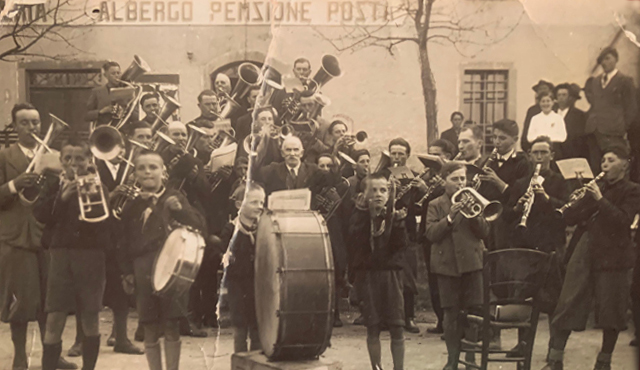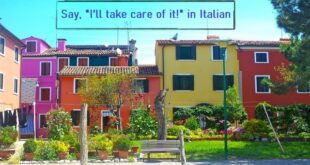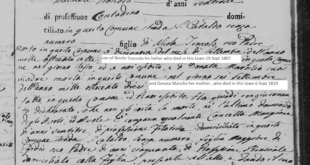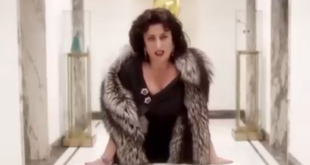Hear the band as they play a resounding rendition of the Italian National Anthem. Listen to the Marche Reale performed by the Piandelagotti band in the town square with vim and vigor reflecting their youthful enthusiasm. The coordinated effort offered a splendid meshing of alto and bass horns, beating drums et al. as the music resonated throughout the town’s center piazza and well beyond. The townspeople loudly applauded accompanied with shouts of bravo as the song hit its stirring ending.
The town’s photographer, Signor Batti Piancentini, moved in to ready the band for a photo. He had positioned the big bass drum at the center with the snare drums closely adjacent. The boy holding the cymbals placed on the opposite side. The band leader, Signor Santi, arms frozen in conductor mode, baton in his right hand, stood behind the bass drum, with his young band, their instruments positioned as if prepared to play, stood three deep in a semi-circle around him.
My father played trumpet. My two uncles, also in the band, played the tuba and French horn respectively. This concert marked my father’s return to the band. A dispute with Signor Santi resulted in my father’s short absence. He only returned when Signor Santi publicly apologized for a comment made intimating my father lacked commitment, a baseless afront as everyone knew of my father’s dedication. His father would not condone anything but ultimate effort.
My grandfather didn’t play an instrument, but he wished his sons to learn. He also insisted that his six children learn French, study Dante and mathematics. My grandfather was a self-educated man, a student of the classics, the town’s mayor, elected to this honor though only a fourth-grade graduate. He was a self-taught engineer who led work crews in digging tunnels in the Dolomites during WWI to flank Austrians troops.
He witnessed the brutality of the White War, the name given to that high-altitude Alpine fighting on the Italian front. He witnessed the death of his brother-in-law from gangrene, suffered from a grazing rifle shot wound and inattention from doctors overwhelmed with so many gravely wounded soldiers.
That war with all its horror, brutality and blood drove him to declare himself a pacifist. He brought his oratory skills to bear when he spoke against the direction taken by Benito Mussolini in the 1930s towards another world war. But with Halle Selassie in exile, the second Italo-Ethiopian war was affectively won, which resulted in Mussolini gaining ultimate power. My grandfather’s anti-war speeches fell on the deaf ears of nationalist who believed Italy could once again be a global power reminiscence of Roman glory.
Today, he stood and watched the hunched photographer as he peered through the camera lens, his equipment on a sturdy tripod with his head covered under a black cloth that draped his back, prepared to photograph the young men of Piandelagotti in 1937. My grandfather wasn’t worried if the picture was in focus but rather pondered the fate that awaited these young boys as the strong winds of war blew.
By 1945 Mussolini was dead, as were many members of the once youthful band. Some died in North Africa, coloring the wind-swept sand red with their blood. Some boys were killed in Greece. Some gave their lives fighting on their home soil. Some were butchered at the hands of the Nazis for their affiliation, real or alleged, with Italian partisans. Aging mothers and fathers, who waited for their sons to return from the war, also died because it was just their time. My grandfather wept for them all. My father and my uncles all survived the war. My grandfather fell to his knees every time one of his sons returned.
In 1937, the band numbered 33. In October 1946, a scant percentage presented themselves in the town square to play the new Italian national anthem, “Il canto dei italiani.” Few spectators were present.
 Fra Noi Embrace Your Inner Italian
Fra Noi Embrace Your Inner Italian







